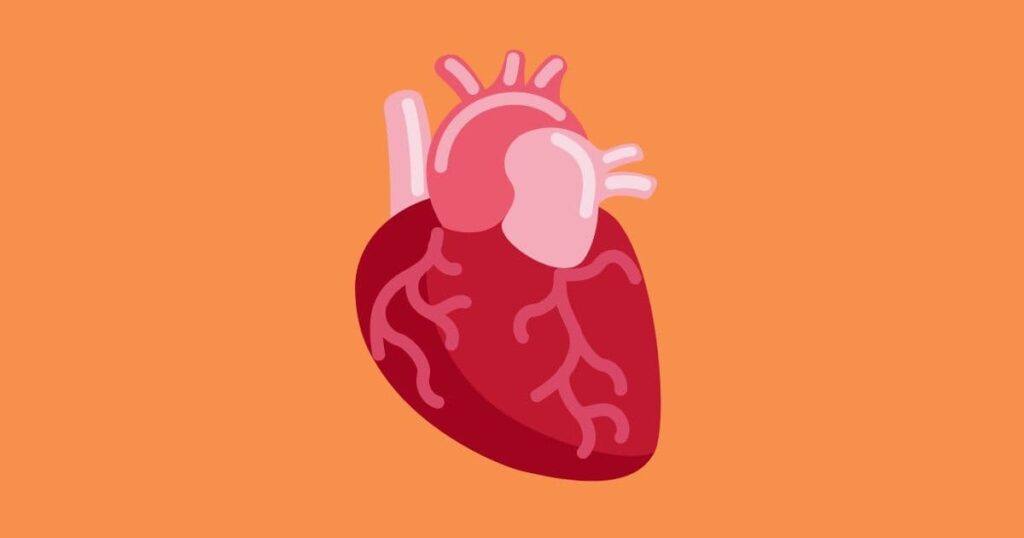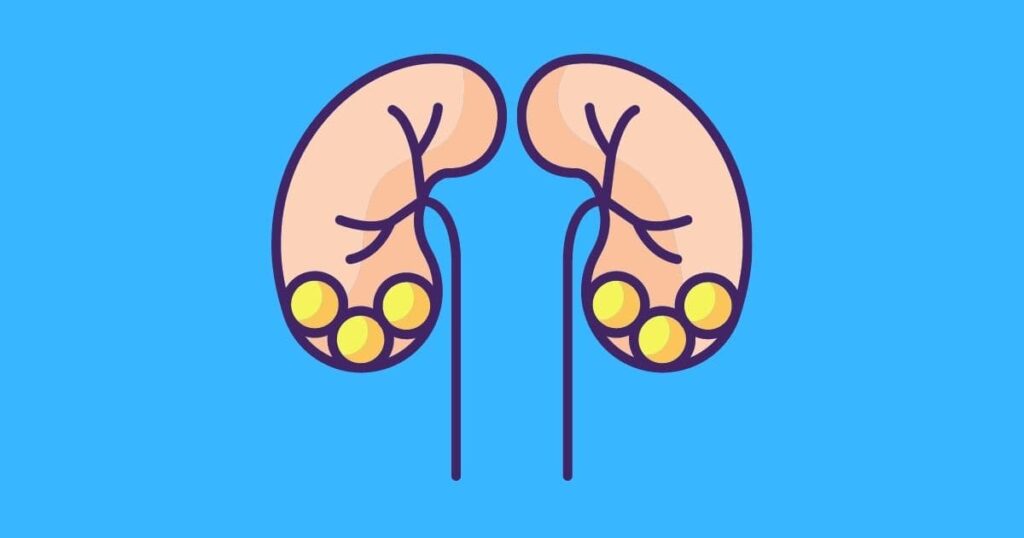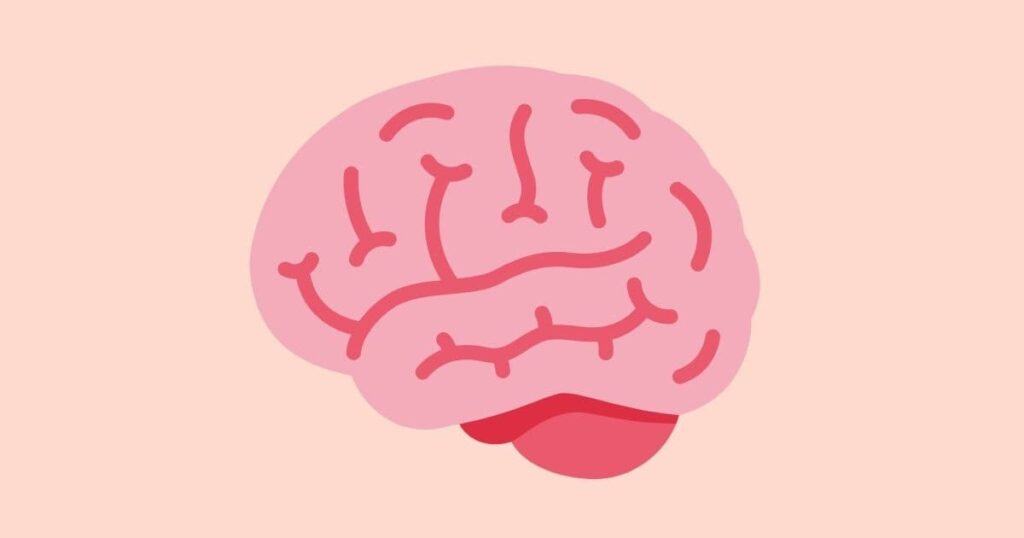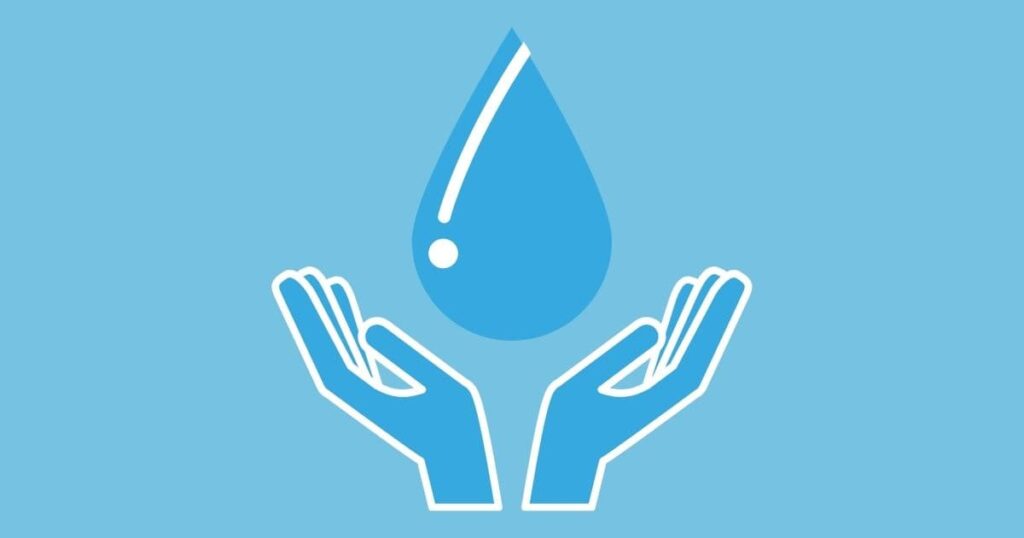10 Benefits Of Orange For The Human Body
Orange oil is obtained by squeezing the sweet orange. Orange leaves and flowers can also be used in orange oil.
Orange oil is generally used in spray form, by diffusion in aromatherapy, or as a massage oil. Studies show that orange oil stops the growth of some types of bacteria and fungi.
Orange oil can reduce anxiety and depression by reducing the level of stress. It can also help reduce knee pain when applied to the skin with ground ginger.
A study conducted with athletes in 2016 showed that lung function and running time increased significantly after inhaling orange oil, but there is not enough scientific data on this subject.
100 grams of orange has the following nutritional values (% Daily Value*):
- Total Fat – 0.2 g
- Saturated fat – 0 g
- Cholesterol – 0 mg
- Sodium – 1 mg
- Potassium – 200 mg
- Total Carbohydrate – 10 g
- Dietary fiber – 0.2 g
- Sugar – 8 g
- Protein – 0.7 g
- Vitamin C – 83%
- Calcium – 1%
- Iron – 1%
- Vitamin D – 0%
- Vitamin B6 – 0%
- Cobalamin – 0%
- Magnesium – 2%
Orange contains high amounts of vitamin C and potassium.
1 medium orange is enough to meet the daily vitamin C requirement of an adult.
In addition to vitamin C, oranges are a source of vitamin A, folic acid and dietary fiber.
What Will We Learn?
What Are The Health Benefits Of Oranges?
If you do not have any discomfort, eating 1 orange a day can give you the following benefits:
1. Strengthens The Immune System

While most citrus fruits contain high levels of vitamin C, oranges are the fruit with the most vitamin C. According to a 2010 article published in the journal Pharmacognosy Reviews, vitamin C protects cells by scavenging and neutralizing free radicals.
Free radicals can cause problems such as cancer or heart disease. Orange also strengthens the immune system against viruses that can be encountered in daily life.
2. Helps Lower Your Cholesterol

Since fiber collects and expels excess cholesterol in the intestines, the fiber in oranges also helps lower cholesterol levels. A 2010 study published in the journal Nutrition Research found that low-density lipoprotein (LDL, or bad cholesterol) decreased in people with high cholesterol who drank orange juice for 60 days.
You can also read our informative article on Constipation.
3. Protects The Heart

Vitamin C, fiber and choline in oranges are very beneficial for heart health. Since potassium is an electrolyte mineral, it helps your heartbeat by allowing electricity to circulate throughout your body.
According to a 2012 study, people who consumed 4,069 mg of potassium each day had a 49% lower risk of dying from heart disease than those who consumed about 1,000 mg of potassium per day. Potassium in oranges also helps to lower blood pressure, thus protecting against cerebral hemorrhage.
Another factor that makes oranges beneficial for the heart is that the folic acid in it reduces homocysteine levels, which is a cardiovascular risk factor.
4. It Is A Great Food For Diabetic

Since orange contains a large amount of fiber, it helps to lower blood sugar in people with type 1 diabetes, as well as regulate blood sugar, lipids and insulin levels in people with type 2 diabetes.
According to the American Diabetes Association, oranges and other citrus fruits are the number one food for diabetics.
5. Aids In Digestion And Weight Loss

The fiber in oranges aids digestion and allows you to go to the toilet regularly. It also leads to weight loss.
Orange with low fat, low glycemic index and high nutritional content is an ideal protector against obesity, which is the source of many problems. The glycemic index is a measurement of how foods affect a person’s blood sugar levels.
For example, foods with a high glycemic index, such as bread, cause a rapid increase in glucose levels immediately after eating.
6. Beneficial For Eye Health

Orange is a storehouse of vitamin A. This fruit contains carotenoid components such as lutein, beta carotene and zeaxanthin.
These ingredients protect against age-related macular degeneration. Macular degeneration is an incurable disease that blurs central vision. Vitamin A also helps your eyes absorb light better and helps your night vision.
7. Reduces The Risk Of Cancer

Vitamin C in oranges reduces the risk of colon cancer as it prevents DNA mutations. According to studies, a mutation in a gene called BRAF is seen in 10-15% of colon cancer cases.
In a 2004 study published in the American Journal of Epidemiology, children’s consumption of bananas, oranges and orange juice until the age of two also reduces the risk of developing childhood leukemia.
If you want to know the vitamin-rich fruits that you should consume this year, you can read this article.
8. Helps To Reduce Kidney Stone

People with kidney stones may experience unbearable pain if they move the stone in their kidneys with sudden movements. Kidney stone formation can happen to people of all ages, but the appropriate ways to prevent it are exercise and diet.
Scientific studies have found that citrate, the citric acid compound found in oranges, reduces the risk of kidney stone formation. The substance called citrate prevents the formation of crystals that cause stones in the kidneys.
Another benefit of citrate is that it helps lower the PH in the urinary tract. This helps you pass urine more easily through the excretory system.
Citrus fruits are generally known as a good source of citrate. Consumption of citrus fruits can help increase urinary tract citrate levels.
Scientific studies have found that orange juice is more effective at raising citrate levels than lemonade. As a result, adding oranges or orange juice to your diet can reduce the risk of future kidney stone formation.
9. Good For Brain Health

Oranges contain a substance called hesperidin. Hesperidin can help you improve your cognitive functioning.
According to a study published in the European Journal of Nutrition, people who drank orange juice containing hesperidin performed better on 8 different cognitive tests.
Researchers think the reason hesperidin may improve cognitive function is because it has protective properties that may improve brain health.
Orange juice is the food that contains the most hesperidin because it can be extracted from the peel and pith of the orange.
If you are wondering about the effects of the intestines on human and mental health, you can read this article.
10. Helps You With Your Recommended Daily Water Intake

One medium orange contains four ounces (half a glass) of water.
60% of an adult’s body consists of water.
Water provides the fluidity of the blood in the body. By carrying water, oxygen and nutrients to the cells, it ensures the dissolution of the solid substances necessary for the cells to perform their functions in a healthy way. The balance of the muscles and the lubricity of the joints are provided by water.
According to scientific studies, women aged 19 and over need 2.7 liters of water and men 3.7 liters of water per day.
Consumed food can meet 20% of the daily recommended amount of water.
Water-rich foods such as oranges can help you complete your daily recommended water intake.
Adequate fluid intake helps support physical and mental energy, optimize organ function, improve circulation, clear waste, and maximize metabolism.
What Are The Benefits Of Orange Juice?
Orange juice helps to treat anemia when consumed with iron source foods in people with iron deficiency.
At the same time, if the daily consumption of fruits and vegetables is not enough, 1 glass of orange juice will more than meet the daily vitamin C need.
What Are The Benefits Of Dried Oranges?
Dried oranges with their peel are a good source of dietary fiber.
For this reason, it can help regulate bowel movements and prevent constipation and support the health of the digestive system.
What Are The Harms Of Orange?
Although orange is a healthy fruit, it should of course be consumed in moderation. If you eat too many oranges, the excess fiber can affect your digestion and cause stomachaches and even diarrhea. Although oranges are low in calories, it is possible to gain weight if too many oranges are consumed.
In addition, excess vitamin C is harmful. If you take more than 2,000 mg of vitamin C a day, you may experience problems such as diarrhea, nausea, vomiting, heartburn, swelling or cramping, headache, insomnia or kidney stones.
Because it is a fruit with high acidity, it is possible for oranges to cause heartburn, especially in people who already have stomach problems. For example, in people with reflux, eating too many oranges can cause heartburn or vomiting.
People who use beta-blockers should also be careful not to consume too many oranges. Since these drugs increase potassium levels, when consumed with other potassium-rich foods such as oranges or bananas, they can lead to excess potassium in the body. Excess potassium can cause serious problems for people whose kidneys are not working properly.
Who Should Not Drink Orange Juice?
People who use drugs containing celiprolol, which is in the beta-blocker group used in the treatment of high blood pressure, should avoid consuming large amounts of orange juice.
Because high consumption of orange juice can increase the level of celiprolol in the body.
Again, pravastatin used by people with high cholesterol can interact with orange juice.
In addition, drugs that are used in the treatment of allergic symptoms such as urticaria and whose active ingredient is fexofenadine can also interact with orange juice.
It will be useful to pay attention to the amount of orange juice consumption during the use of the drug.
In addition to the use of drugs, it is much more beneficial for people who follow a weight loss diet to consume fresh fruit instead of orange juice in order to provide portion control.
Individuals with diabetes, reactive hypoglycemia or insulin resistance should consume whole fruit with fiber instead of orange juice.
Daily fruit consumption is higher than the need, which can cause weight gain.
In adults, fruit consumption should be limited to 2-4 fruits per day, and the consumption of 1 orange per day is sufficient to meet most of the vitamin C need.
In addition, consuming the orange as a fresh fruit instead of squeezing the juice will provide a better fiber intake and facilitate portion control.
Are Orange Seeds Harmful?
Consuming excessive amounts of orange seeds is harmful as it can cause obstruction in the digestive tract and thus appendicitis.
Can Babies Be Given Oranges Or Orange Juice?
Babies are not recommended any other food other than breast milk or suitable formula for the first 6 months.
Especially citrus fruits are a group of fruits that are at risk of causing food allergies.
For this reason, it is recommended not to give oranges and orange juice to babies before 1 year of age.
Is Orange Peel Edible?
Orange peel is not poisonous, on the contrary, orange extract adds great flavor to dishes, as most cooks know. Although edible, orange peels are not as juicy and tasty as the fruit itself. You may also have trouble digesting the non-organic, chemical-coated peel.
If you eat the peel of the orange, you can get plenty of nutrients. For example, the peel of an orange contains more dense fiber than its content. In addition, there are flavonoids in the peel, which are beneficial in terms of nutrients. Flavonoids found in many foods have a blood pressure lowering and anti-inflammatory effect.
In addition, orange peel contains vitamins A, C, B6 and B5, calcium, riboflavin, thiamine, niacin and folic acid. It is possible to get some of these nutrients by eating the inner part of the peel of the orange.
While this white part is bitter or sour, it contains as much vitamin C as the fruit itself and even more fiber.
